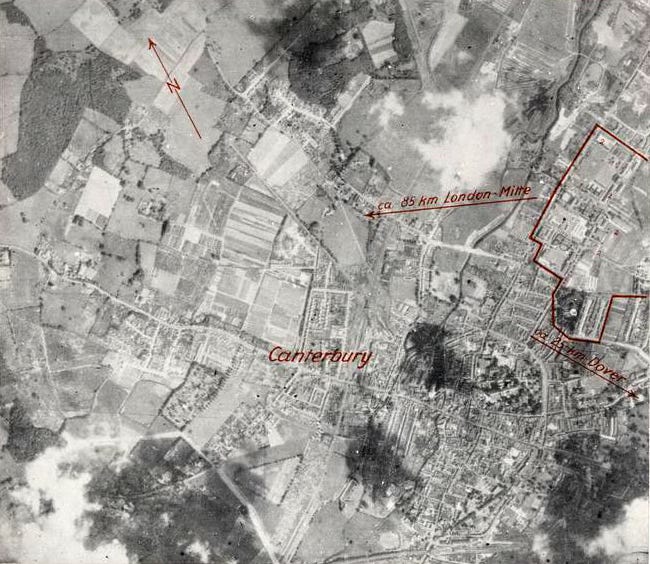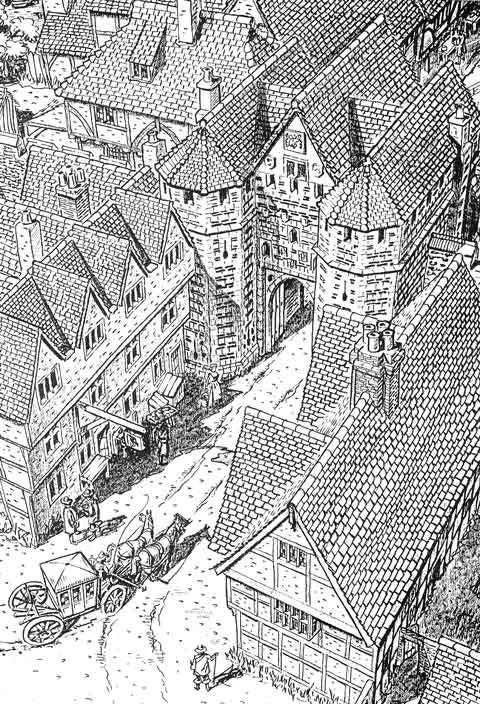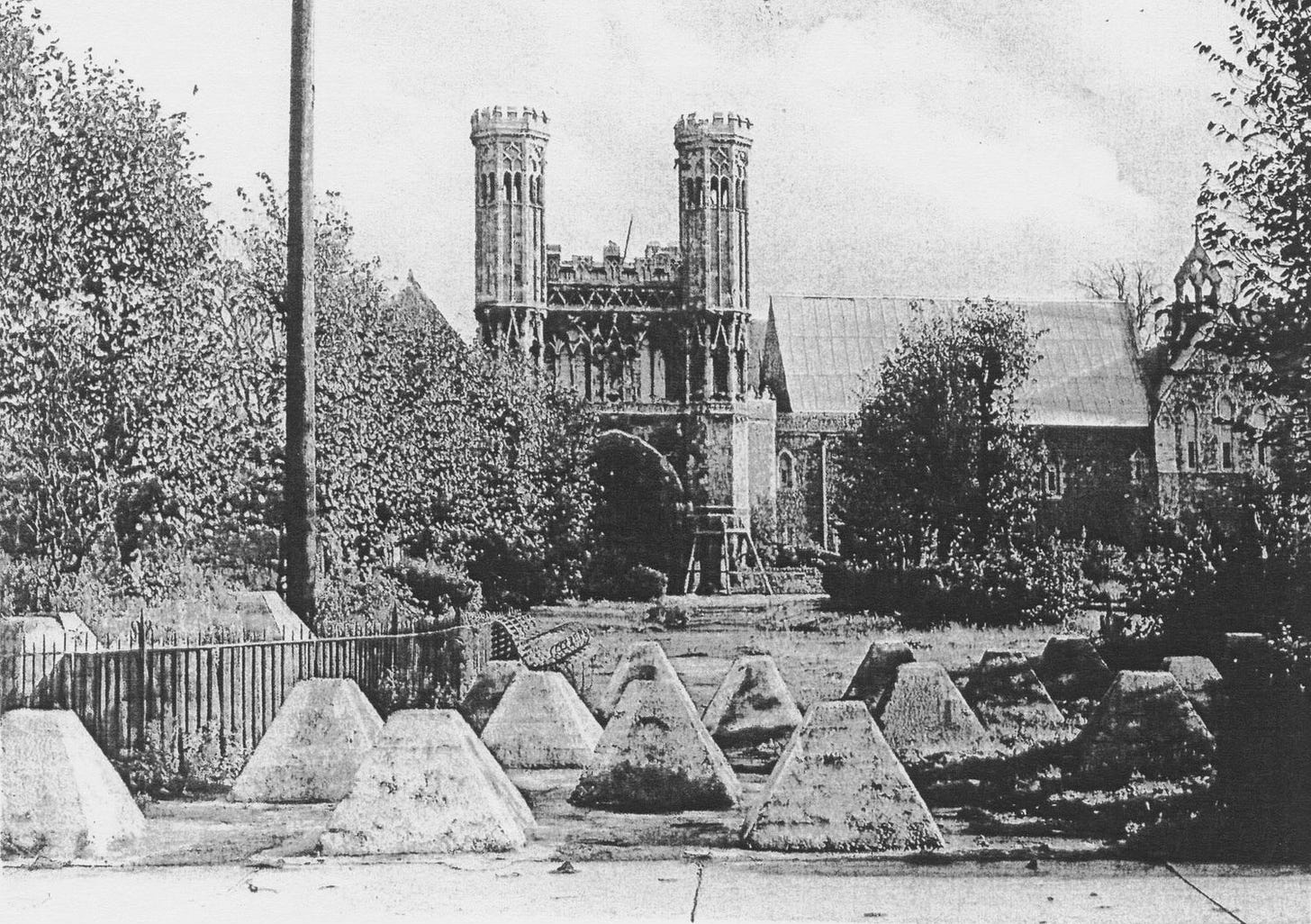Growing into War
11th October 1940: The harsh reality of war was truly coming home to the British, there was much to adjust to, especially for young people

Across Britain, people were coming to grips with the new reality. In the six months since May, they had adjusted to the shock of the fall of France and Dunkirk, the threat of invasion, the drama of the Battle of Britain and now they were plunged into the ‘Blitz’. The bombing was becoming a constant backdrop to everyone’s life. Familiar places were being lost, and the very fabric of the country was being destroyed. Everywhere there were tales of narrow escapes and grim tales of lives extinguished.
Michael Gill1 was sixteen in 1940. His family lived in Canterbury in Kent, the main route for the Luftwaffe en route to London, so they had evacuated to Yorkshire. Gill had been confined to a wheelchair for several years, so had been a ‘bookish child’. One of his favourite haunts was a bookshop in the old medieval quarter of Canterbury, close to the Burgate, which dated back to Saxon times and possibly as far back as the Romans.
On Friday 11 October, at about 11 o’clock, a group of Messerschmitt fighter bombers pursued by Spitfires dropped their bombs on Canterbury. The attack was a complete surprise. The first bomb scored a direct hit on the fur shop next door to my favourite bookshop. All the people in the furriers were killed; so was Miss Carver. I expect she had been standing in the doorway of her shop having a quiet smoke.
My friend, Miss Stanyforth, was buried under books, but dug out alive. I wrote her a letter of condolence. It was the first really adult letter I had written.

I thought of all the quiet hours I had spent reading in the back room. The charm of old Burgate, its connection with the poet Marlowe, now lost forever. And the gentle kindness of Miss Stanyforth herself. She replied, thanking me for all the support I had given the shop, and explaining that she had no heart to carry on and was going to live with relatives in the Midlands. I never saw her again.
Only the hand was recovered, but it was sufficient.
There was a surprise casualty at the furriers. The shop had been quite crowded. One victim was identified only through a severed hand with expensive rings on it. Only the hand was recovered, but it was sufficient. The costly rings had been presents from a maharajah. The owner was that scarlet lady who had so flustered my mother when she had petted Patch on my spinal chair. No doubt she had come in from Herne Bay to get her furs spruced up for the winter. Instead, she had been relieved permanently of all such anxieties.

Through much of this time food was not only scarce, but relatively unpalatable.
Other aspects of the war had a lasting impact on him:
It was this autumn that we got acquainted with one of the most lasting and unpleasant effects of the war: rationing. It was to continue for thirteen years. The majority of groceries were still severely limited when I got married in 1952. In 1940 and 1941 there were real shortages. Aunt Laura was a good north-country cook, but there just wasn’t enough. Even potatoes and beets were in short supply.



